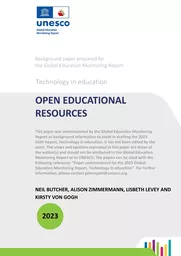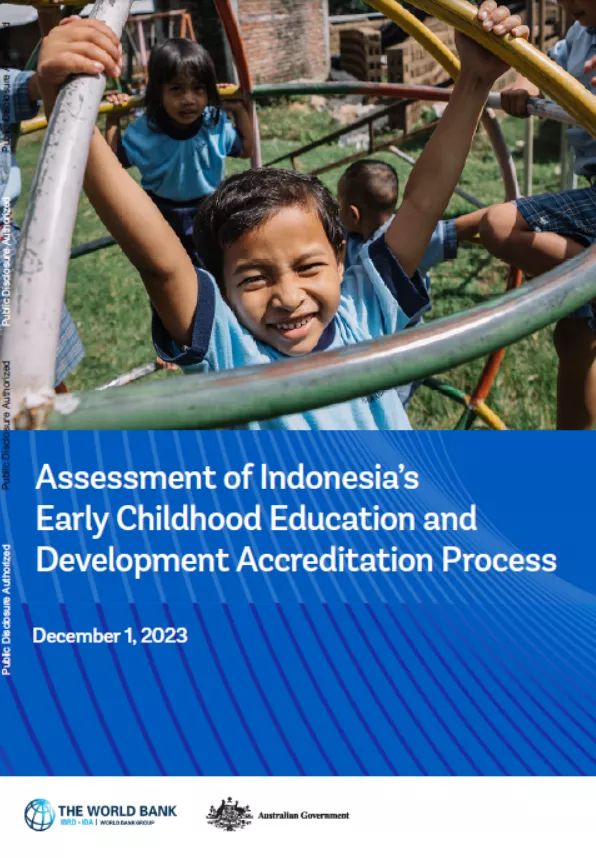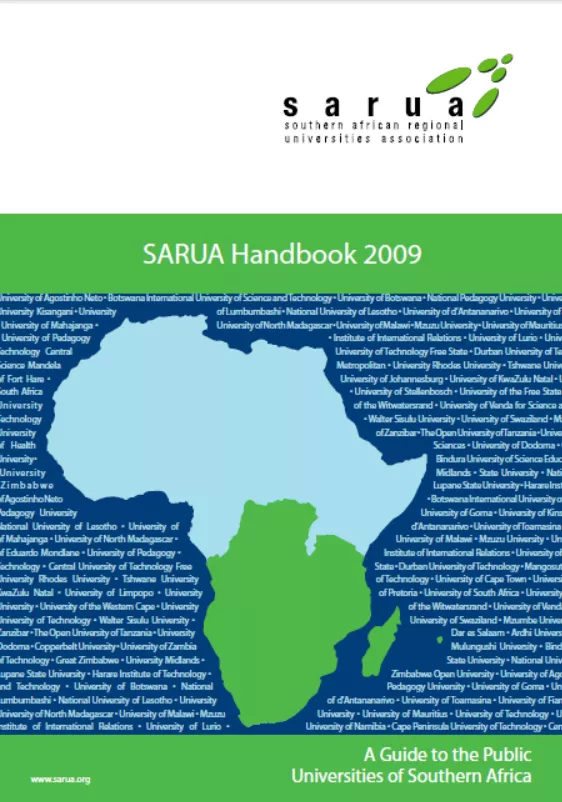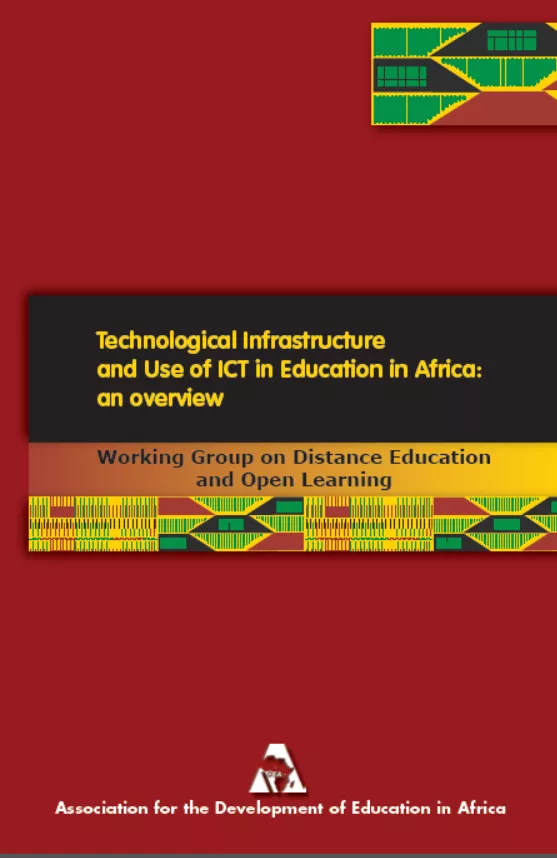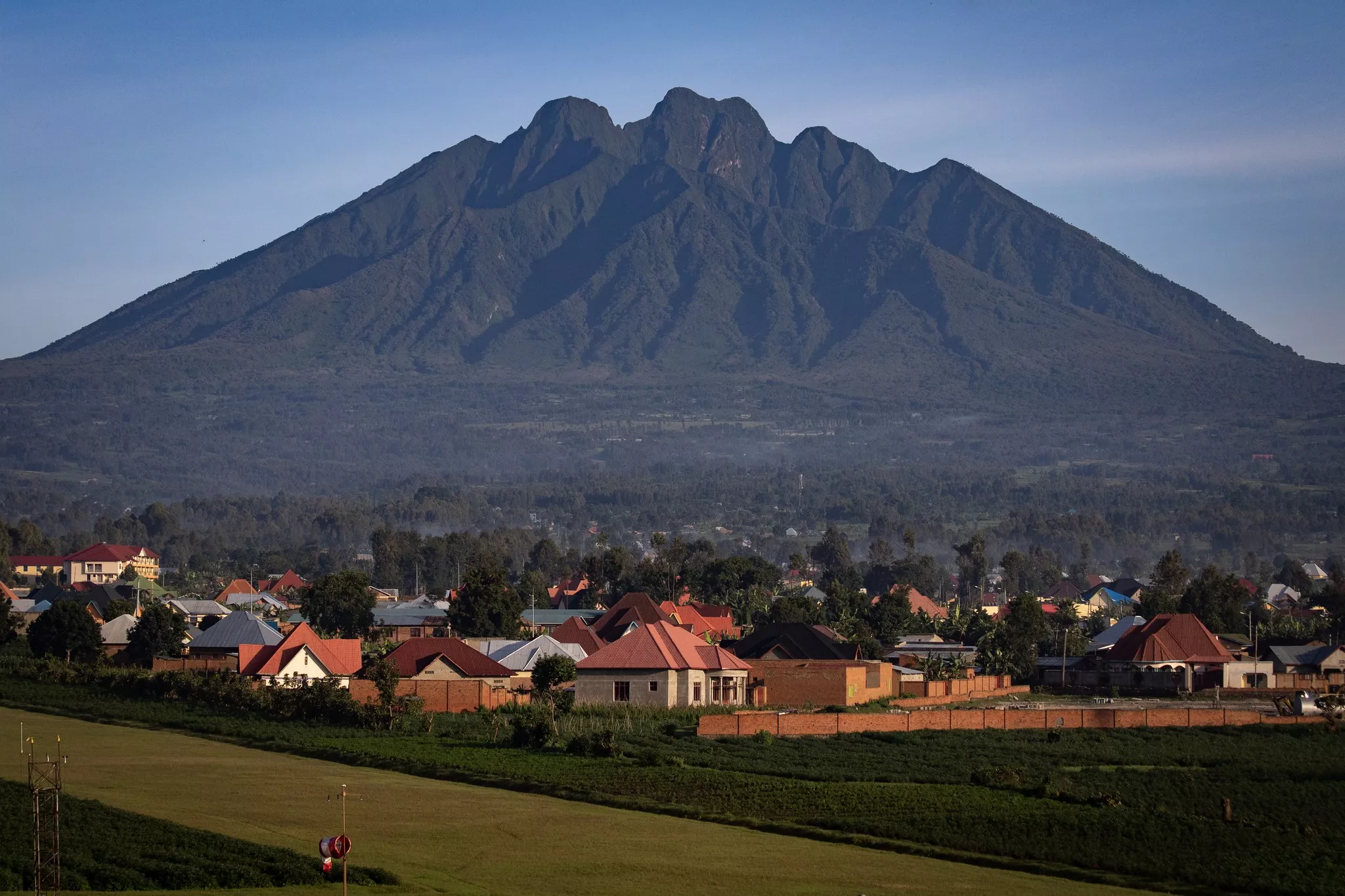Resources
Featured resources
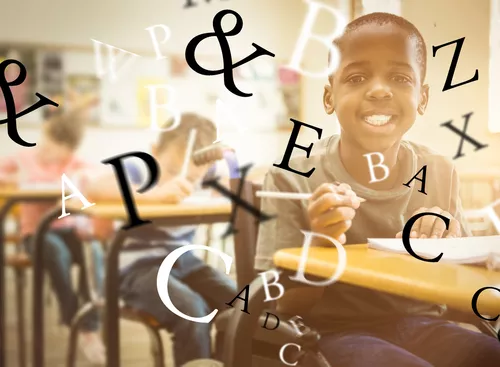
The Impact of Open Licensing on the Early Reader Ecosystem
The Impact of Open Licensing on the Early Reader Ecosystem examines how to use open licensing to promote quality learning resources for young children that are relevant and interesting. Research in early reading tends to focus on traditional publishing value and supply chains, without taking much consideration of new approaches and solutions emerging from the digitization of content and the impact of open licences. Production innovations considered include content creation models, storybook management and storage, and printing and distribution.
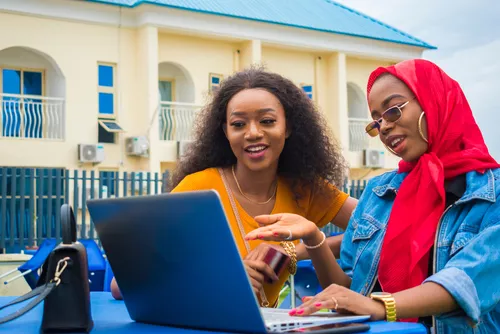
Using ICTs and Blended Learning in Transforming TVET
With many TVET systems in the developing world now considering the adoption of ODL and ICTs because of the promised cost efficiencies, it is important to examine the costing of these new educational and training practices. Given the dearth of resources focusing specifically on costing ODL in TVET, this chapter focuses more generally on costs in the use of ODL and ICTs and extrapolates these findings to the TVET context. This chapter explores the costs of ODL and how to avoid the ramifications of weak financial planning.

Open Educational Resources: Global Report 2017
In 2012, the World OER Congress was held in Paris, featuring presentations from key supporters of OER worldwide. The congress, which attracted over 400 participants (governments and educational and OER experts) from 70 countries, emphasised using OER as a means of providing equal access to knowledge. It showcased innovative policies and initiatives that demonstrate the potential of OER to improve communities. The congress also featured various ways in which OER serve as tools for collaboration and the creation of learning resources.
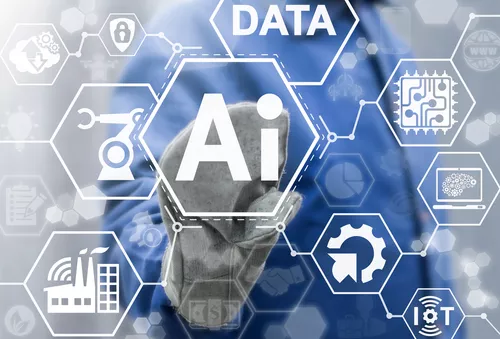
Artificial Intelligence in sub-Saharan Africa: Compendium report
To guide future investments in capacity building that will build responsible AI development and deployment, it is important to know answers to questions such as: what does the AI landscape in SSA look like? What measures are stakeholders in the region taking to ensure that they are AI- ready?
Where does capacity already exist or not?
The impacts of interactive smartboards on learning achievement in Senegalese primary schools, 3ie Grantee Final Report
Though much progress has been made, the current level of educational achievement in many developing countries remains low. One proposed solution for improving the quality of education is the use of technology. However, the empirical evidence regarding the success of technology interventions, including interactive smartboards, at improving student outcomes is mixed. Project Sankoré creates a digital classroom through the introduction of simple interactive whiteboard equipment consisting of an interactive whiteboard, a computer, a data projector, and digital resources.
Rwandan Collaborative Model for Educator Capacity Building
Collaboration between the Rwandan government, the University of Rwanda, and local industry to develop and deploy educator technology-integration professional development initiatives neatly follows the Triple Helix Model[1]. However, in this Rwandan initiative a fourth collaborative partner proved significant, the regional/global education community coordinated by UNESCO’s Regional Office for Eastern Africa.
Digital Teaching and Learning Resources (Courseware) for Mathematics and Science (Vocational)
NBA is currently adapting Current Open Learning Educational Resources to Produce Digital Teaching and Learning Resources (Courseware) for Mathematics and Science (Vocational) for the South African Department of Higher Education and Training (DHET). For this project, the DHET has selected to develop open and self-facilitated text-based materials for the National Certificate (Vocational) programmes in Mathematics and Physical Science at Levels 2 – 4.
DHET Occupational Certificate: Electrician
NBA is currently managing the development of curriculum content and open learning materials for the Occupational Certificate: Electrician Programme (OCEP) for the South African Department of Higher Education and Training (DHET). The DHET has selected the Occupational Certificate: Electrician programme as the first programme to be developed and delivered through the National Open Learning System (NOLS).
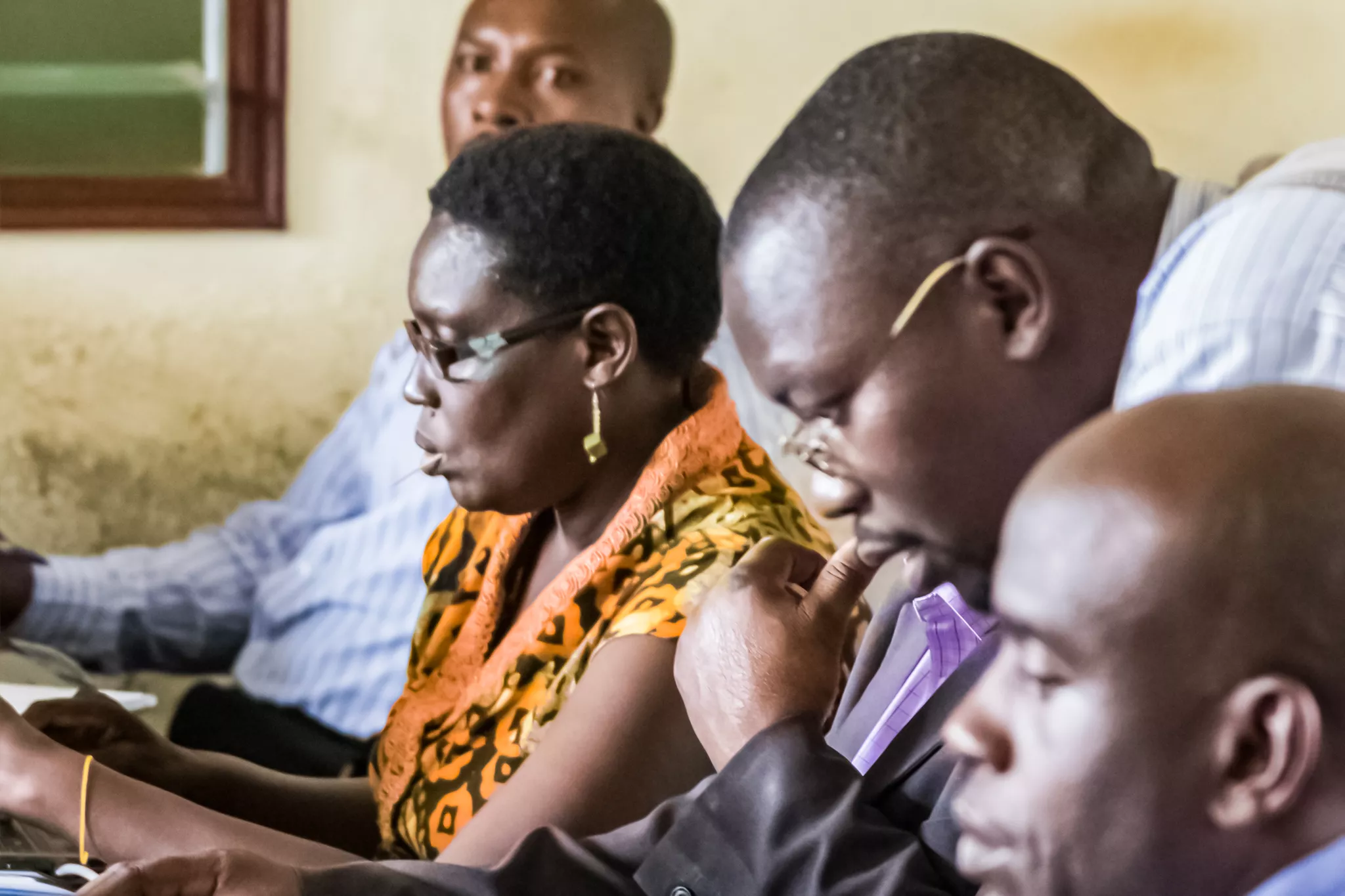
Harnessing OER Practices to Drive Pedagogical Improvement: The Role of Continuing Professional Development
In our efforts to support African universities to understand and harness the concept of open educational resources (OER), OER Africa has identified several practical constraints to achieving the widely anticipated potential for OER to contribute to achieving higher degrees of equity across higher education in Africa. Effective harnessing of OER practices depends heavily on the educational skills of participating academics.
State of Play: Regional Quality Assurance in Southern Africa (SADC)
The German Academic Exchange Service (DAAD) and the German Rectors’ Conference (HRK) jointly developed the Dialogue on Innovative Higher Education Strategies (DIES) programme, and were considering working on supporting quality assurance (QA) efforts in the Southern African Development Community (SADC) through regional capacity building. DAAD thus commissioned NBA to conduct a research study to provide information about QA in the region as a basis for future work of DAAD/DIES and the regional and national partners.
Browse resources
Search resources

The Impact of Open Licensing on the Early Reader Ecosystem
The Impact of Open Licensing on the Early Reader Ecosystem examines how to use open licensing to promote quality learning resources for young children that are relevant and interesting. Research in early reading tends to focus on traditional publishing value and supply chains, without taking much consideration of new approaches and solutions emerging from the digitization of content and the impact of open licences. Production innovations considered include content creation models, storybook management and storage, and printing and distribution.

Using ICTs and Blended Learning in Transforming TVET
With many TVET systems in the developing world now considering the adoption of ODL and ICTs because of the promised cost efficiencies, it is important to examine the costing of these new educational and training practices. Given the dearth of resources focusing specifically on costing ODL in TVET, this chapter focuses more generally on costs in the use of ODL and ICTs and extrapolates these findings to the TVET context. This chapter explores the costs of ODL and how to avoid the ramifications of weak financial planning.

Open Educational Resources: Global Report 2017
In 2012, the World OER Congress was held in Paris, featuring presentations from key supporters of OER worldwide. The congress, which attracted over 400 participants (governments and educational and OER experts) from 70 countries, emphasised using OER as a means of providing equal access to knowledge. It showcased innovative policies and initiatives that demonstrate the potential of OER to improve communities. The congress also featured various ways in which OER serve as tools for collaboration and the creation of learning resources.

Artificial Intelligence in sub-Saharan Africa: Compendium report
To guide future investments in capacity building that will build responsible AI development and deployment, it is important to know answers to questions such as: what does the AI landscape in SSA look like? What measures are stakeholders in the region taking to ensure that they are AI- ready?
Where does capacity already exist or not?
The impacts of interactive smartboards on learning achievement in Senegalese primary schools, 3ie Grantee Final Report
Though much progress has been made, the current level of educational achievement in many developing countries remains low. One proposed solution for improving the quality of education is the use of technology. However, the empirical evidence regarding the success of technology interventions, including interactive smartboards, at improving student outcomes is mixed. Project Sankoré creates a digital classroom through the introduction of simple interactive whiteboard equipment consisting of an interactive whiteboard, a computer, a data projector, and digital resources.
Rwandan Collaborative Model for Educator Capacity Building
Collaboration between the Rwandan government, the University of Rwanda, and local industry to develop and deploy educator technology-integration professional development initiatives neatly follows the Triple Helix Model[1]. However, in this Rwandan initiative a fourth collaborative partner proved significant, the regional/global education community coordinated by UNESCO’s Regional Office for Eastern Africa.
Digital Teaching and Learning Resources (Courseware) for Mathematics and Science (Vocational)
NBA is currently adapting Current Open Learning Educational Resources to Produce Digital Teaching and Learning Resources (Courseware) for Mathematics and Science (Vocational) for the South African Department of Higher Education and Training (DHET). For this project, the DHET has selected to develop open and self-facilitated text-based materials for the National Certificate (Vocational) programmes in Mathematics and Physical Science at Levels 2 – 4.
DHET Occupational Certificate: Electrician
NBA is currently managing the development of curriculum content and open learning materials for the Occupational Certificate: Electrician Programme (OCEP) for the South African Department of Higher Education and Training (DHET). The DHET has selected the Occupational Certificate: Electrician programme as the first programme to be developed and delivered through the National Open Learning System (NOLS).

Harnessing OER Practices to Drive Pedagogical Improvement: The Role of Continuing Professional Development
In our efforts to support African universities to understand and harness the concept of open educational resources (OER), OER Africa has identified several practical constraints to achieving the widely anticipated potential for OER to contribute to achieving higher degrees of equity across higher education in Africa. Effective harnessing of OER practices depends heavily on the educational skills of participating academics.
State of Play: Regional Quality Assurance in Southern Africa (SADC)
The German Academic Exchange Service (DAAD) and the German Rectors’ Conference (HRK) jointly developed the Dialogue on Innovative Higher Education Strategies (DIES) programme, and were considering working on supporting quality assurance (QA) efforts in the Southern African Development Community (SADC) through regional capacity building. DAAD thus commissioned NBA to conduct a research study to provide information about QA in the region as a basis for future work of DAAD/DIES and the regional and national partners.


